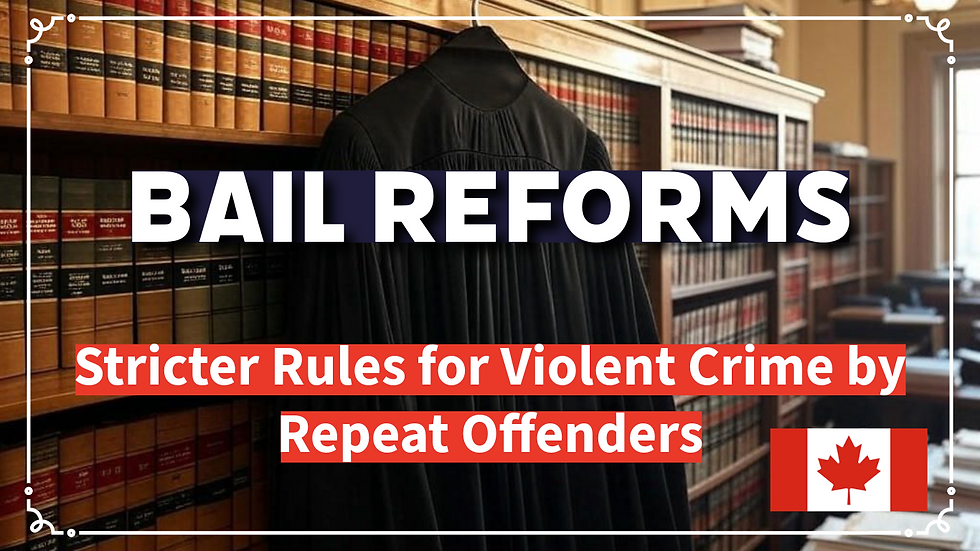The ICC Under Pressure: U.S. Sanctions and the Fight for Judicial Independence
- M.R Mishra

- Aug 22, 2025
- 2 min read
The International Criminal Court (ICC) has issued a strong rebuke to the United States after Washington imposed sanctions on four of its officials two judges and two deputy prosecutors in what the Court described as a flagrant attack on judicial independence.
The sanctions, announced by U.S. Secretary of State Marco Rubio, were directed at ICC Judges Kimberly Prost of Canada, Nicolas Guillou of France, and Deputy Prosecutors Nazhat Shameem Khan of Fiji and Mame Mandiaye Niang of Senegal.
According to the U.S., these officials were targeted for their roles in authorizing investigations and warrants against American personnel for alleged crimes in Afghanistan and against senior Israeli leaders for alleged war crimes in Gaza.
The ICC denounced the sanctions as an affront not only to the institution itself but to the international legal order and to victims of atrocities whose hope for accountability depends on the Court.

The move has drawn swift condemnation from the United Nations, France, Belgium, and numerous human rights organizations, all of whom stressed that punishing judges for performing their judicial duties undermines the core principle of judicial independence. By singling out judicial officers, critics argue, the U.S. is weaponizing sanctions to intimidate international courts and weaken mechanisms of accountability.
At stake is the fundamental question of whether powerful states can shield themselves and their allies from scrutiny by exerting political and economic pressure?
The U.S., which is not a party to the Rome Statute, has long resisted ICC jurisdiction, citing sovereignty and national security concerns. But by extending sanctions to judicial officers acting under clear statutory obligations, Washington risks undermining the very idea of impartial international justice.
Such measures may also have a chilling effect on future tribunals, as judges might hesitate to authorize investigations into influential states for fear of personal reprisals.
This episode highlights the enduring tension between sovereignty and the rule of law in the international system.
The ICC has called on its member states to rally in support of its mandate and resist efforts to erode its authority. The Court’s ability to function impartially now depends on whether the international community is willing to defend it against political coercion.
In the longer run, the episode may prove to be a turning point, testing whether global justice institutions can withstand the pressure of unilateral power or whether international law yields to geopolitics.








Comments